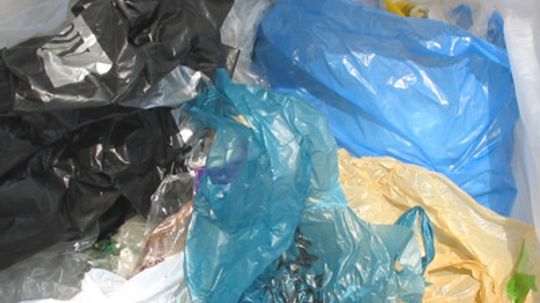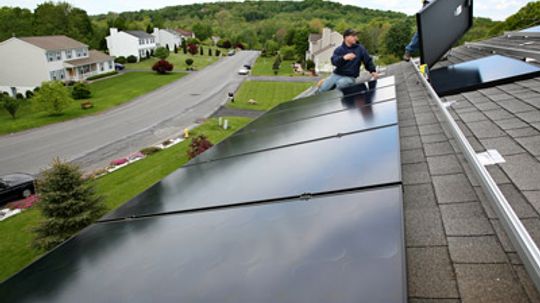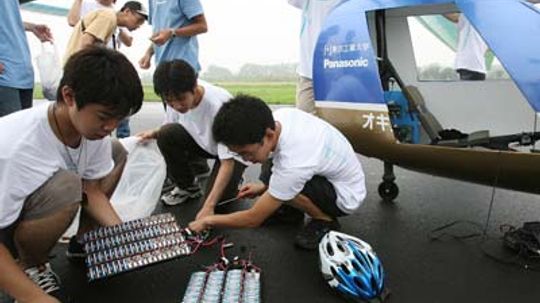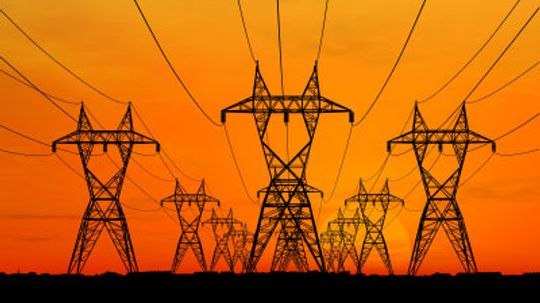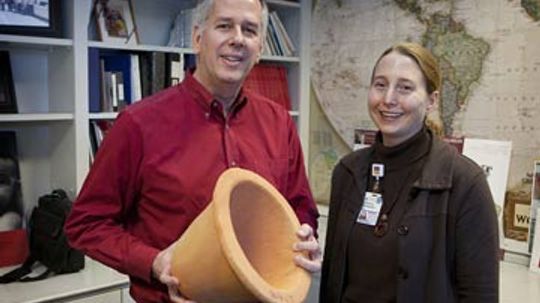Sustainable Technologies in the Community
Sustainable technologies in the community work to create towns and cities that can operate without producing large amounts of waste. They also make it easier for the members of a community to live greener lives.
Learn More
As urban populations grow, some cities are redefining what it means to live in the future. The most futuristic cities are more than just skylines; they're powered by renewable energy, connected through IoT technology, and built around sustainability.
Some of the newest ideas in technology come from very old ideas -- they're inspired by nature. How do the plants and animals around us give engineers ideas?
Eco-plastic seems like an oxymoron, and it very well may be. What exactly is eco-plastic, and does it really help the environment?
By Julia Layton
Advertisement
Without a doubt, plastic is useful. It's also everywhere - filling up landfills and recycling bins. These 10 twists on the common polymer are trying to change that reality.
Photovoltaic solar panels are like windows -- they build up a coating of grime that requires a good cleaning from time to time. What's the alternative to climbing the roof with a squeegee and bucket of suds?
While you shouldn't expect to find a "flying electric" option at the airport anytime soon, electrically powered aircraft not only exist, but the technology continues to evolve at an encouraging rate.
By Robert Lamb
Solar energy is abundant and infinitely renewable. Therefore, it's not surprising to see the proliferation of devices that rely on the sun -- especially solar aircraft.
Advertisement
The Northeast Blackout of 2003 left millions without power and cost approximately $6 billion. Experts believe we can avoid future blackouts by storing energy along the U.S. electric grid.
As far back as 1500 B.C.E., people were trying to purify water to make it drinkable. And we're still at it. Today inventors use tools as simple as clay and as sophisticated as carbon nanotubes to bring clean water to the world.
From the chemicals that pollute and the massive use of water, the traditional method of dyeing blue jeans is an environmental disaster. Nanoparticles made from wood pulp might be the answer to the problem.


